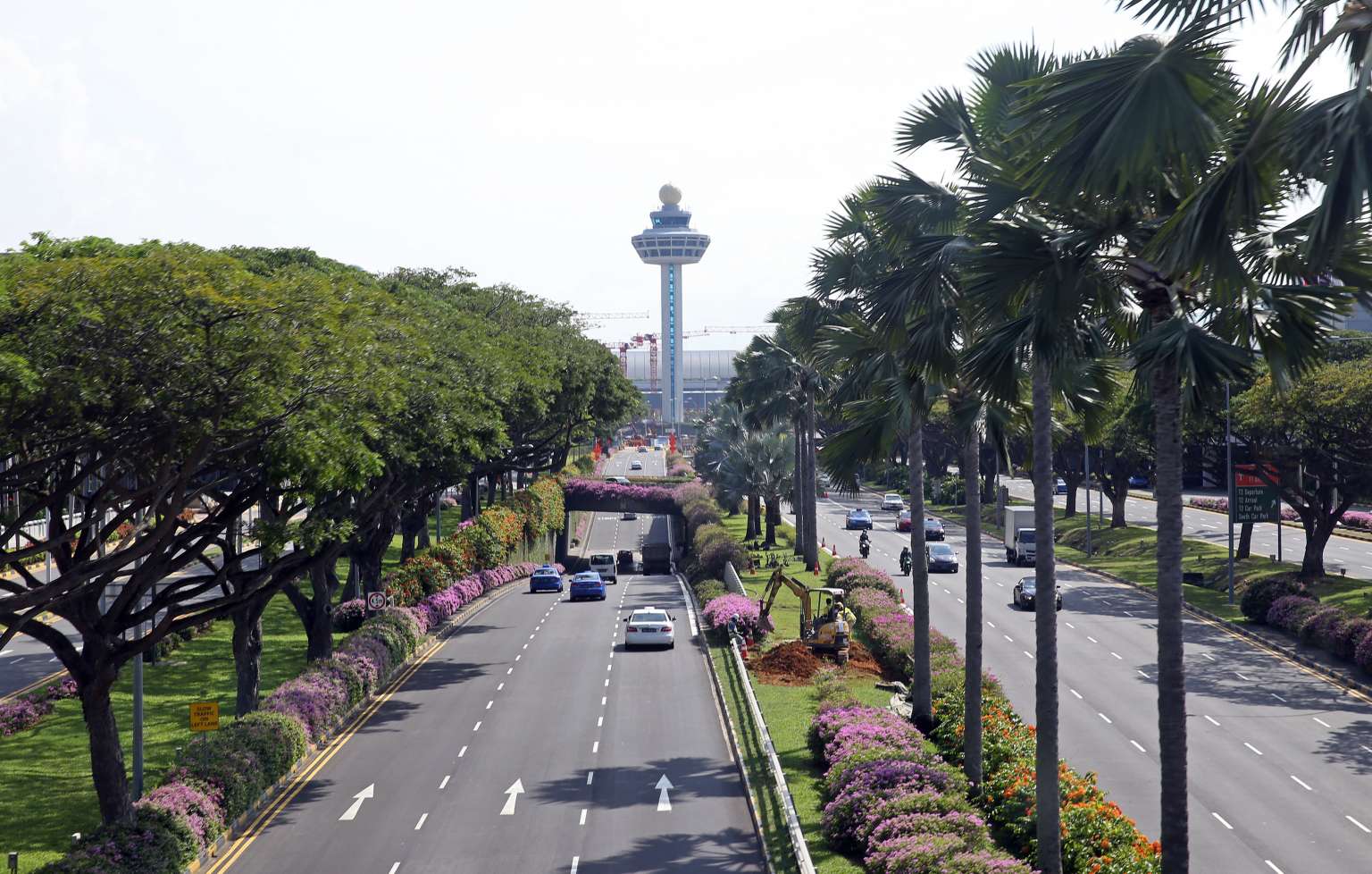No public-private partnership for Changi Airport's T5
Govt's decision ends years of such talk; move ensures standards won't suffer, say analysts
Sign up now: Get ST's newsletters delivered to your inbox

T5 will help to more than double Changi Airport's passenger capacity - up from today's 66 million a year to 135 million.
ST PHOTO: SEAH KWANG PENG
The Government has ruled out bringing in private players to help fund and own the future Changi Airport Terminal 5, putting paid to years of industry talk that it could be privatised like some other airports, including London's Heathrow and Germany's Frankfurt.
A public-private partnership is off the table, the Transport Ministry told The Straits Times.
The decision met with the approval of analysts, who said having the Government wholly run the show ensures that Changi Airport will not focus on profits possibly at the expense of service standards and efficiency. In particular, the experience of Singapore's MRT operations - which are being reclaimed by the state after several major breakdowns - has been instructive.
But this does mean that taxpayers, the airport operator and users including travellers and airlines are likely to foot the bill for T5, which is expected to run to tens of billions.
How the final bill will be split has not been decided.
Slated to open at the end of the next decade, T5 is the crown jewel of Changi East and will become one of the world's biggest airport terminals. It will help to more than double Changi Airport's passenger capacity - up from today's 66 million a year to 135 million.
The massive investment required meant that for years, there had been speculation that the Government could rope in private companies, including foreign entities, to help pay for T5.
Terminals 1 to 4, which cost less than $10 billion in total, are owned and operated by government-held Changi Airport Group (CAG).
But in the end, it is clear that the Government is not willing to take the risk with T5, given stiff competition for air hub supremacy among Asian airports and the significance of the aviation sector to Singapore's economy, said analysts.
Mr Abbas Ismail, course manager for aviation management and services at Temasek Polytechnic, called it the "right decision".
When it comes to funding of mega airport infrastructure, "the best option always depends on how much money the Government has, the expertise that they have and how much control they want".
Singapore's decision not to rope in the private sector makes sense, he said. "Ultimately we have to ask ourselves: Do we want to be a premium airport where we build capacity ahead of demand and put user comfort ahead of everything else, or do we want to become just another airport that makes money, is slightly ahead of the pack but is nothing revolutionary?"
As the experience with train operations has shown, private participation and competition for the sake of competition can backfire, he noted.
As for who will operate the future T5, The Straits Times understands it will likely be CAG. The firm was set up as a corporate entity in 2009 when the Civil Aviation Authority of Singapore (CAAS) was split.
There may be questions about whether the lack of competition could result in complacency. But Mr H. R. Mohandas, head of the diploma in aviation management programme at Republic Polytechnic, said it is unlikely CAG will "let its guard" down. If it does, the CAAS as regulator can always step in.
For travellers, a single operator for all five terminals is the best option, he said. "This will ensure a more integrated and seamless experience for travellers, and a consistent level of service across the entire airport. Airlines, ground handlers and other airport firms would also appreciate dealing with one instead of two operators," Mr Mohandas said.


